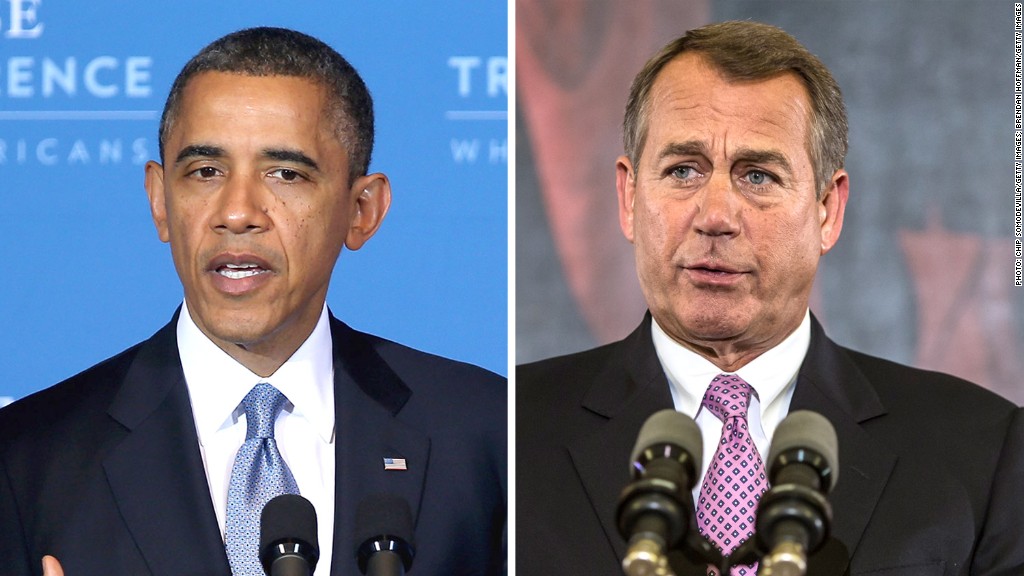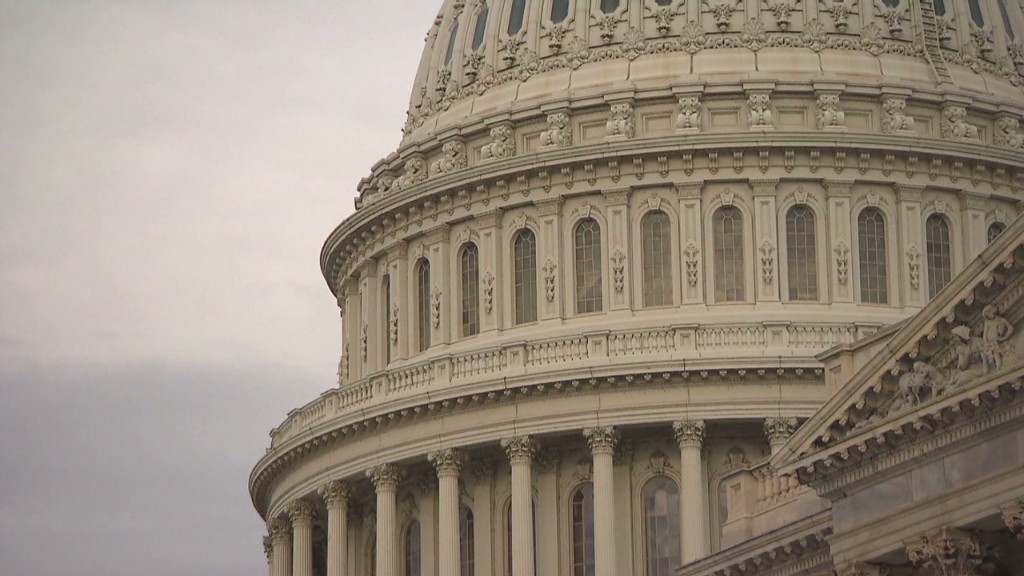
Budget experts in Washington have seen lots of "big" fiscal deals over the years that end up resulting in far less than advertised.
So they are watching closely to see what kind of a deal the White House and Congress make to avert the fiscal cliff.
Such a deal could lead to a "grand bargain" that tackles long-term debt reduction in a smart way. Or not, if lawmakers choose to punt. Or it could be something in between that rests more on promises than specifics.
Here are three key issues to consider when assessing any deal that President Obama and House Speaker John Boehner agree to.
Tax and entitlement reforms: Reforming the tax code and entitlement spending will be key to reducing deficits in the long run.
But since Congress and the White House have waited until the last minute to negotiate, no one expects them to reach a grand bargain with all the details hammered out.
But, budget experts say, there needs to be a strong "framework" agreement that paves the way for substantial debt reduction without upending the economy in the near term.
Such an agreement would postpone most fiscal cliff measures -- since they threaten the recovery next year. It would also include some sort of small down payment for deficit reduction and further require that Congress pass a large, long-term debt reduction package by a given date next year.
The package would have to meet agreed-upon revenue and spending targets, through tax and entitlement reform as well as spending cuts in other parts of the budget. Negotiators would ideally also set more specific targets for individual areas of the budget.
In addition, the agreement should have an effective enforcement mechanism to ensure such a package is passed.
Budget experts are dubious, however, that much will be accomplished if the framework simply promises reforms later, sets a topline number for spending cuts and revenue increases and offers few specifics.
"In the absence of bond market pressure, it is hard to be too optimistic that Congress will either complete these 2013 tax and entitlement reform processes or refrain from filling in the blanks with gimmicks," said Sean West, U.S. policy director of the Eurasia Group.
Budget gimmicks: Experts say Congress needs to enact at least $4 trillion in deficit reduction over 10 years to start curbing the growth in debt.

But not all $4 trillion plans are created equal. Everything depends on what's counted.
For example, lawmakers could agree to $2 trillion in tax hikes and spending cuts. Then to advertise it as a $4 trillion deal, they might add the savings already enacted under the Budget Control Act as well as so-called war "savings." That's the money the country will no longer need to borrow because the military operations in Iraq and Afghanistan are winding down.
Of course, such a plan would do less to curb growth in the debt than a plan that achieves $4 trillion in debt reduction on top of Budget Control Act and war savings.
And in reality, West noted, such a deal could end up delivering less than $1 trillion in new savings if many of the actual spending cuts are not specified in the deal.
Debt ceiling: The country's legal borrowing limit needs to be raised in the next 10 weeks or so if lawmakers don't want the federal government to risk defaulting on U.S. debt.
If a final deal doesn't include an increase, lawmakers will be in for what could be another dog fight over the debt ceiling.
The political brinksmanship that marked the debt ceiling fight in 2011 earned the United States its first-ever credit downgrade and rocked stock markets. The threat of a similar fight in early 2013 will leave both investors and the economy in a tough spot until the matter is resolved.


